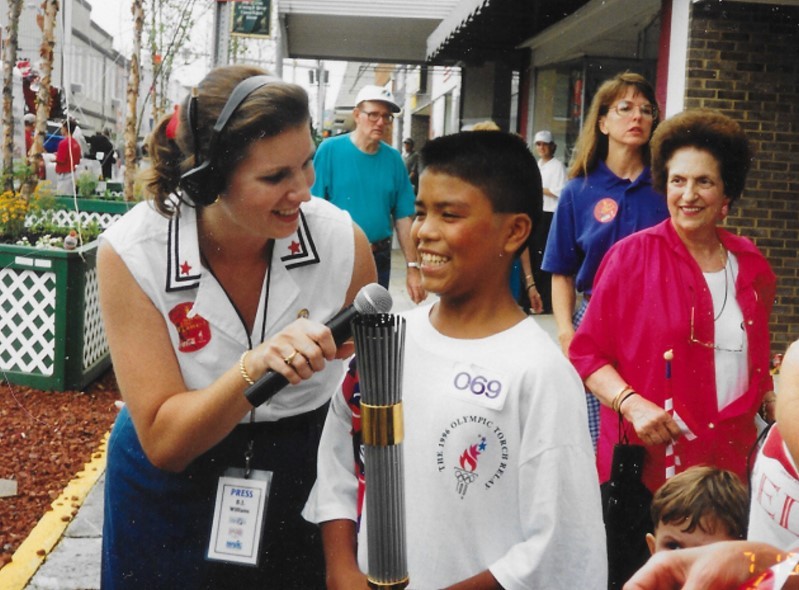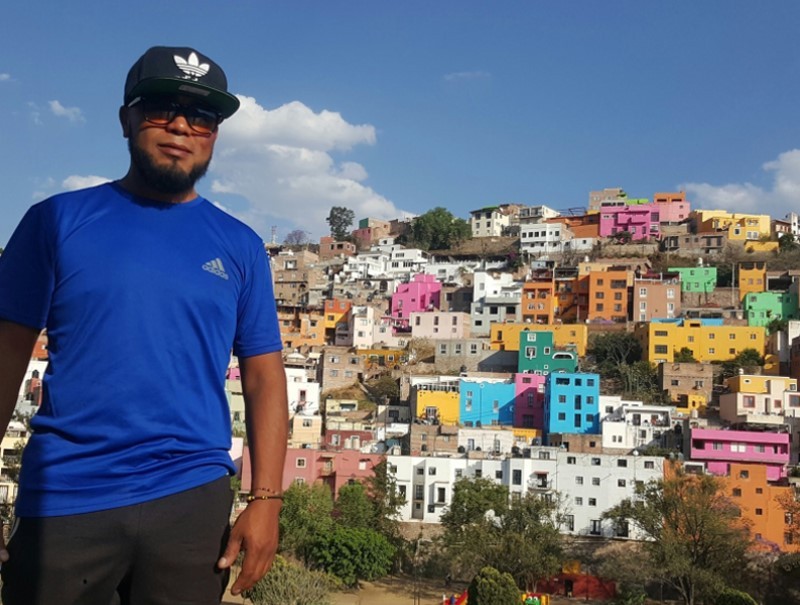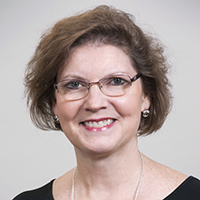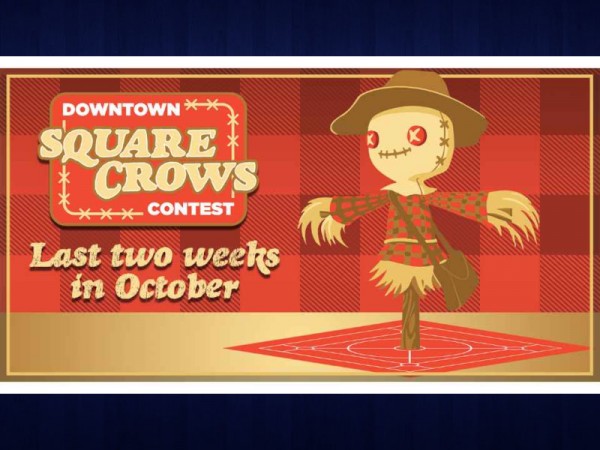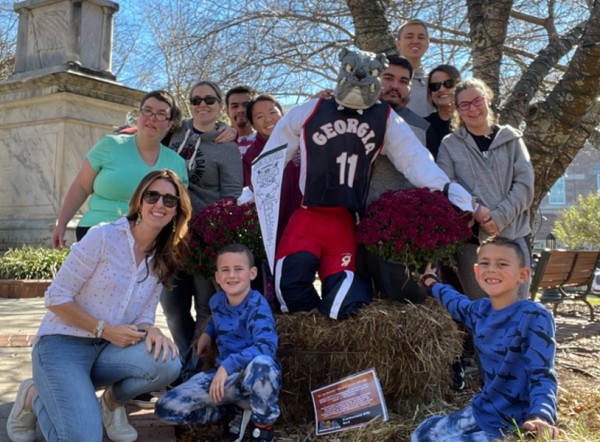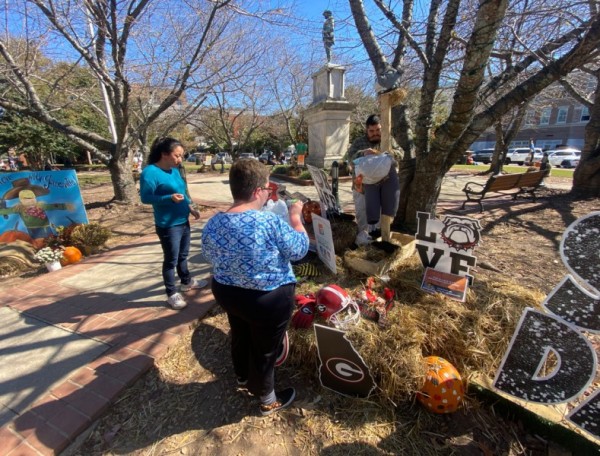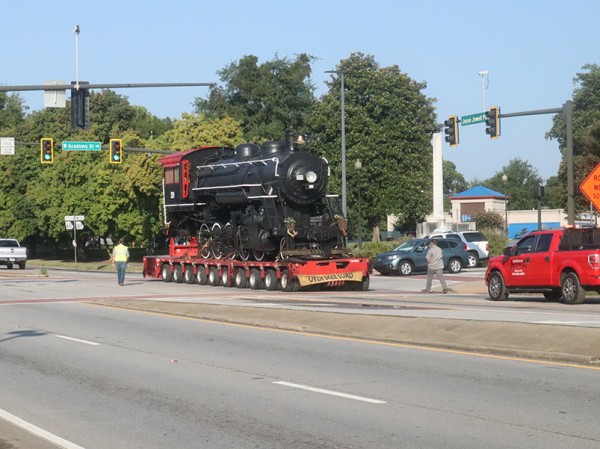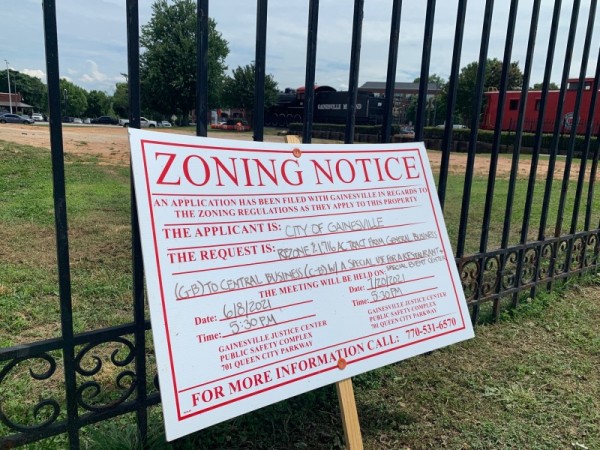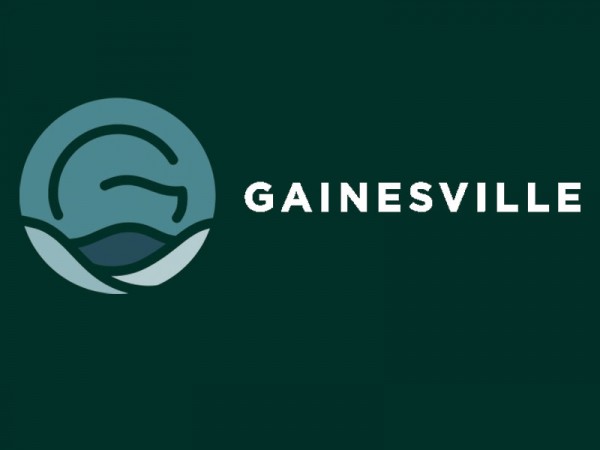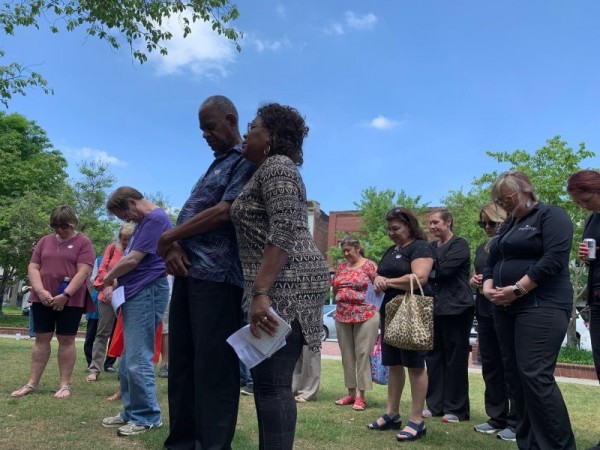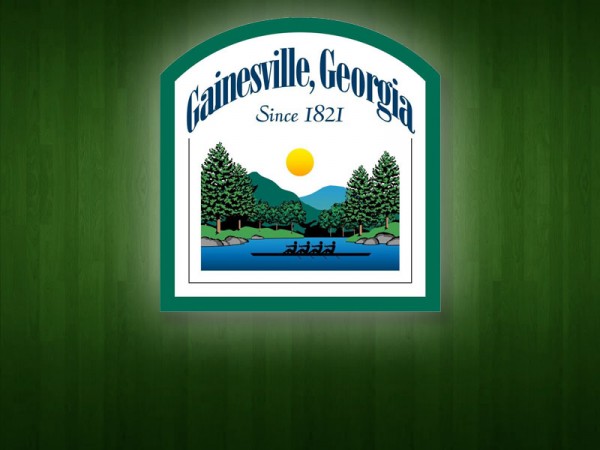My memory isn't as acute as it used to be, so when someone asks me to reflect on an event 25 years in the past - even when the event is as monumental as the 1996 Olympic Torch Relay through Gainesville - I'm a little fuzzy on the details.
The news team at AccessWDUN began planning for news coverage of the 25th anniversary of the Games in the spring, and I realized quickly I couldn't depend on faded memories to craft news stories, so I dragged a dusty box of memorabilia out of my basement at home, hoping to find something that might spark some ideas. I found an Atlanta 1996 banner, a collection of pins - including the coveted chicken rowing pin - my Gainesville-Hall '96 notebook stuffed with notes from meetings, newspaper clippings, and then, of course, a stack of photographs that I never bothered to organize. (In my defense, I had a 4-year-old, a 1-year-old and my husband and I both worked full-time in radio. There wasn't much time for organizing a scrapbook or a photo album in those days.)
I gathered up the photos and took them to the WDUN newsroom to review with my colleagues. Among them were a couple of dozen photos dated July 15, 1996, the day the Torch Relay came through the downtown Gainesville square. One of the pictures caused all of us to pause. There I was, decked out in my American red, white and blue, wearing a radio headset (remote broadcast, of course) and I was interviewing a young boy. He was carrying his Olympic torch and wearing a torch bearer's uniform and he was beaming. You could almost feel the joy ooze from that photo. We knew right away we needed to do a story on the local torch bearers - and we absolutely had to talk with this young man.
But, for the life of me, I could not remember his name.
So, the research began.
Debbie Lawson Davis, who organized the local members of the Torch Relay, loaned us her notes and we found the name of Torch Bearer #069. Ricardo Juarez was 13-years-old. He had been nominated for the relay team by his Boy Scout leader Ron Lee. Lee said in his nominating letter that Ricardo was a translator for Troop 255, which had been formed as an outreach to introduce Scouting to Hispanic boys. Ricardo had also played a part in the formation of a Hispanic youth soccer league in conjunction with the United Way.
"Leading comes natural to him as does teaching," Lee's letter said.
We knew we wanted to find Ricardo Juarez, but none of our community contacts knew where he was. So we did what any investigative reporter would do today - we took to social media. A Facebook post with the photo went up on Tuesday, July 20 at 10:05 a.m. and 78 shares later, Ricardo Juarez responded to our post at 1:40 p.m. on Wednesday, July 21.
"Hi, my name Ricardo Juarez. That is so cool. I was the little dude in the pic. How can I help you?"
It turned out Ricardo is living in Guanajuato City, Mexico, so we had to connect with a telephone call rather than a face-to-face interview. He remembered very well running his leg of the race down E.E. Butler Parkway.
"I think I actually started running too fast because I was nervous...I sort of felt like Forrest Gump, there...but then I thought 'I need to slow down because people want to see the torch,'" he said. "I slowed down, and I started enjoying it a little more, and I got relaxed...and then after that, it was picture time!"
Ricardo said being part of the relay team was unique for someone like him. His mother brought him to the United States when he was nine-years-old, and he was in the country illegally. She enrolled him at Lyman Hall Elementary School, where he was one of just five Hispanic children. He spoke no English, so communication was a challenge.
"One time I tried telling the teacher I had to go to the restroom, but I had forgotten how to say it in English, so I just ran out of the room and went to the restroom. She thought something was wrong with me, so when they finally got a translator, I told her I almost peed on myself because I couldn't tell her I needed to go pee," he said.
After that, he promised himself he would learn at least one new English word per day. He learned the language quickly and soon was interpreting for the other students.
From Lyman Hall, Ricardo went to Fair Street School, Gainesville Middle School and Gainesville High School. Along the way, he continued his involvement with the Boy Scouts of America.
However, in high school, his life began to take a turn. He never finished school because he went to work at a local poultry plant to help support his single mother and his siblings. He then began working in construction, he said, making good money. He got married and had children. He also admits he made some poor decisions, and he never pursued citizenship. During a traffic stop, he was arrested because he had no drivers license.


